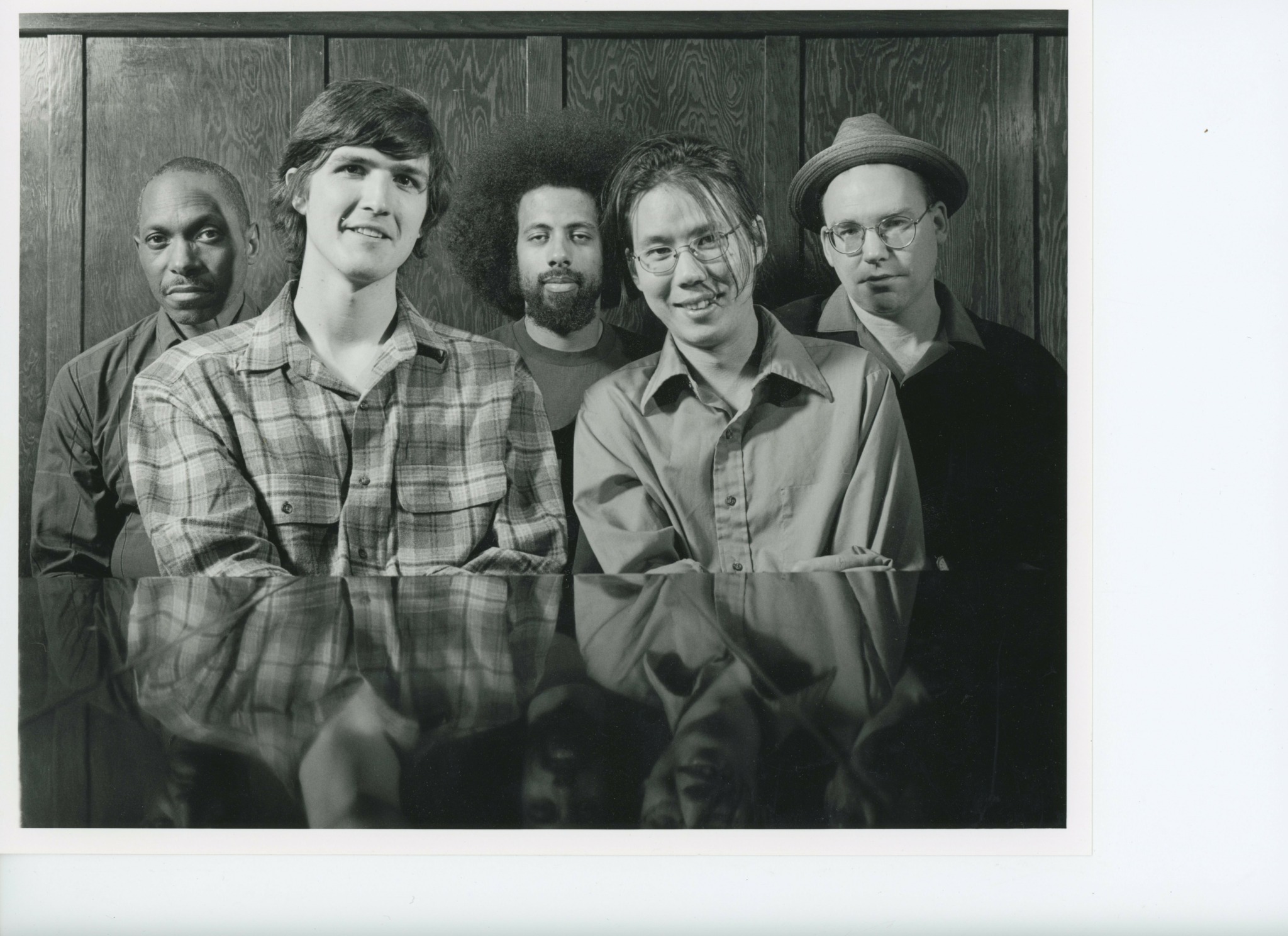We’re excited to introduce you to the always interesting and insightful Wayne Horvitz. We hope you’ll enjoy our conversation with Wayne below.
Hi Wayne, thanks for joining us today. Do you think your parents have had a meaningful impact on you and your journey?
I am hard pressed to have an actual specific anecdote, but both my parents, and my father in particular, always made it clear that satisfaction in life had a lot to do with loving your work. My father actually briefly wanted to be a musician, but he soon found his way to a career in labor relations, and like myself he was often a contract working, self employed as it were. In his field he was called a “consultant”.
After he passed, I related that feeling in my speech at his memorial. I had learned the value of three essential to have a full life. Family, friends and work, in no particular order.

Great, appreciate you sharing that with us. Before we ask you to share more of your insights, can you take a moment to introduce yourself and how you got to where you are today to our readers.
I am a composer and a musician, and I work in all sorts of mediums and use all sorts of methedologies. I mostly create my own music, although I have been collaborators with many, many artists. That being said many musicians make their way mostly by working in other people’s projects, or as we say being “a sideman”. I have done my share of that but mostly I create my own music.
My work is associated with improvised music, and sometimes I am referred to as a jazz muscians, which is fairly innacurate and the result of people mostly making assumptions about music that is instrumental and involved improvisation. That being said the music commonly referred to as jazz is certainly an incredible inspiration and a music I love among many.
In addition to performing and composing I have worked in dance, theater and film, created works with text and libretto, and created installations.
Sometimes I work with pencil and paper, often I improvised, often I don’t, I may work entirely in the computer or not a tall. I am a pianist and spend a certain amount of most days practicing and keeping my technique in shape.
I have also curated programming for a variety of organizations and I am currently the part owner of a music venue in Seattle called The Royal Room and also the artistic and executive director of a small not for profit, the South Hudson Music Project.
I got into this world moving to NYC in the late 1970s. I met a wide variety of creative artists that included Butch Morris, John Zorn, Ikue Mori, Bill Frisell, George Lewis, Arto Lindsay, Billy Bang, Christian Marclay just to name very few. I came to work with the Kronos Quartet, The Seattle Symphony and I have composed 5 string quartets, multiple compositions for chamber ensembles, and narrative works based on the life of Joe Hill, the Everett Massacre, poems by Richard Hugo, a novel by James Welch and so on. Most people however know me best for my own bands, and I continue to perform and tour with some of those ensembles. I also work extensively with my wife, the composer Robin Holcomb, producing her albums and orchestrating and arranging her music.

Are there any books, videos or other content that you feel have meaningfully impacted your thinking?
I love this book entitled Triggering Town by the poet Richard Hugo. He makes the point that students and artists often make the mistake of maintaining a sense of purpose or intention in their work instead of following the path that unfolds before them.
He gives a humorous anecdote about the young student wanting to write a poem about “summer rain.” The first line is great, but they won’t let go of the idea of summer rain, instead they struggle to keep it all together. What he is saying is the first line leads to the next, not the idea itself. Where does the line lead, its about language not meaning.
When I write a piece, or improvise, its always true that whatever my inititial inspiration or motivation was is never as interesting as following the inspiration that comes from each consecutive gestures.
We aren’t writing essays, we are writing songs, or whatever it might be. If people understand what you are “saying” its probably not very deep,

In your view, what can society to do to best support artists, creatives and a thriving creative ecosystem?
It’s very hard to make a case for funding the arts when there are so many people suffering in very specific and material ways.
At the same time pleasure, inpsiration, engagement is simply essential for a life well lived. And the politics are that welll-being is another word for “peace”. And a life well lived certinaly does not need to be a wealthy life or even a “succesful” one as that is commonly understood.
Music turns out to be essential, and on one level everyone knows it. Have you ever met someone who says the don’t really like music. I have, once. It’s almost universal that people feel strongly about music. But they don’t really do much about it.
People don’t really need money per se, the need. money so they will have time. Time to reflect, to create, to NOT work, to absorb, to live. Sure we can say society should give more funds for the arts, I I think that is true. But creating a world where fundamental essentials are not a struggle for people day by day supports artists and the people that are moved and inspired by those artists. Its a funny world where the thing we value the most is being busy.
Contact Info:
- Website: https://www.waynehorvitz.com
- Instagram: @waynehorvitz
- Facebook: https://www.facebook.com/wbhorvitz, https://www.facebook.com/wayne.horvitz
- Youtube: https://www.youtube.com/@WayneHorvitzOfficial
- Soundcloud: https://soundcloud.com/wbhorvitz




